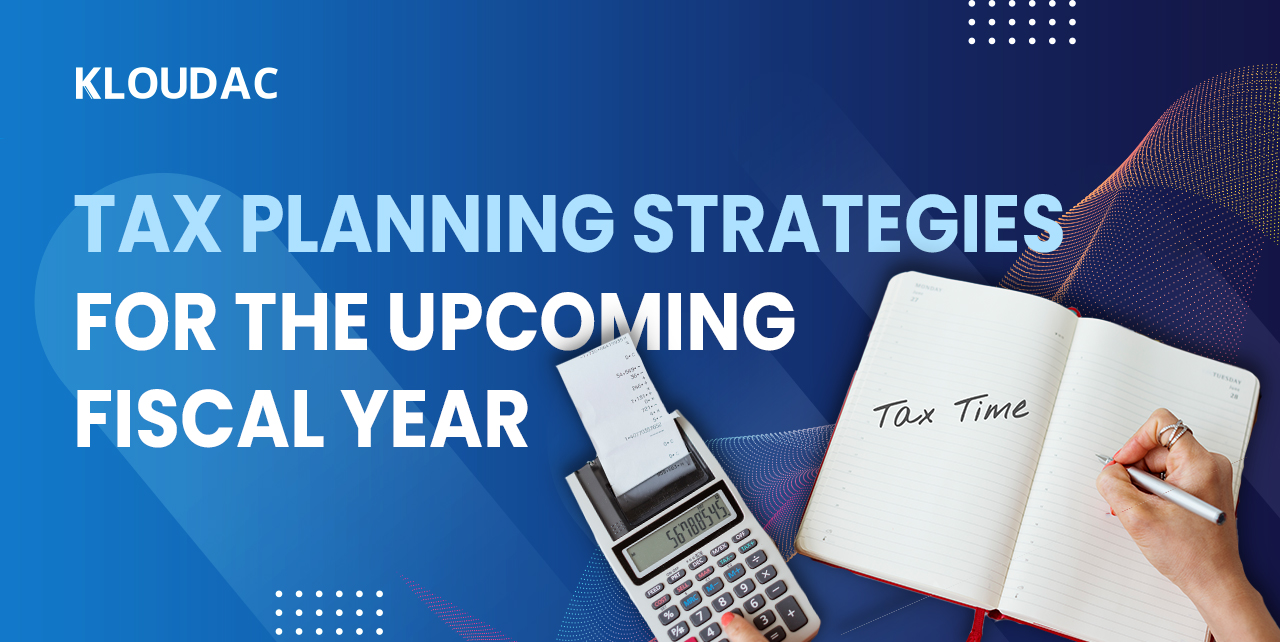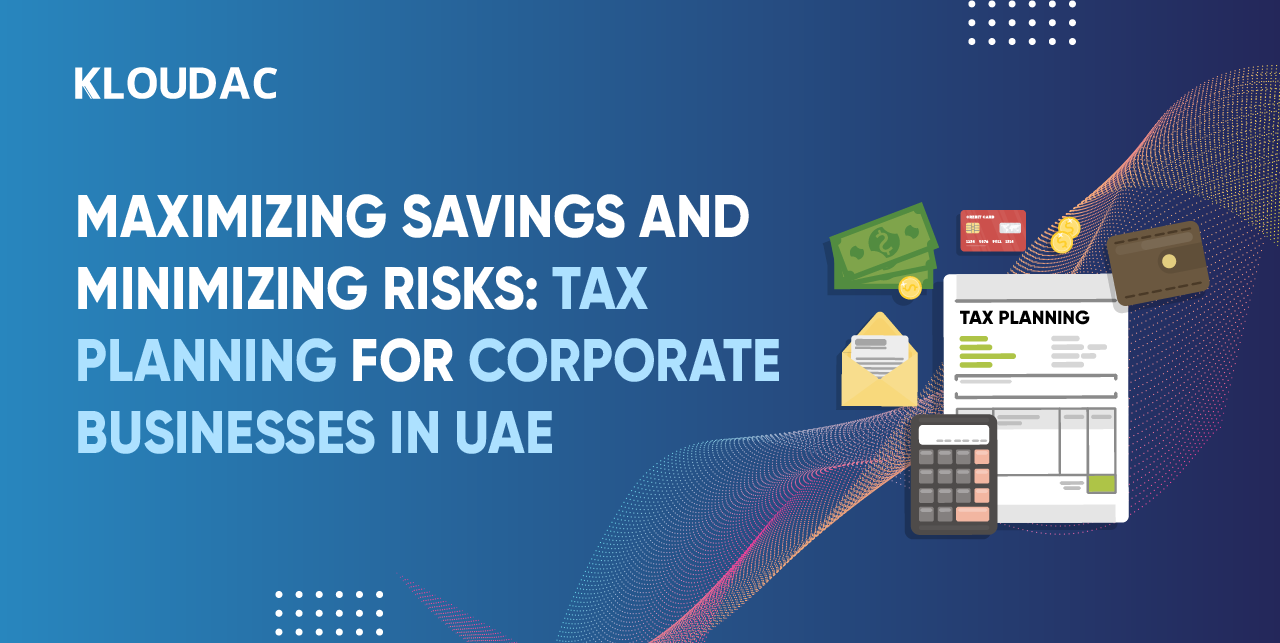BLOG
As the new fiscal year approaches in the United Arab Emirates (UAE), it’s important for businesses to review their tax planning strategies. Effective tax planning can help businesses minimize their tax liabilities and maximize their profits. In this blog, we will discuss some tax planning strategies for the upcoming fiscal …
In recent years, the United Arab Emirates (UAE) has emerged as a leading global player in terms of its soft power. Soft power refers to a country’s ability to influence the actions and behavior of other countries through cultural, economic, and diplomatic means, rather than through military or economic coercion. …
In March 2020, the United Arab Emirates (UAE) introduced the Economic Substance Regulations (ESR) to comply with the standards set by the Organisation for Economic Co-operation and Development (OECD). The ESR requires certain businesses to demonstrate that they have real economic substance in the UAE. In this blog, we will …
The United Arab Emirates (UAE) has become one of the most popular destinations for forming offshore companies due to its strategic location, stable political climate, and business-friendly environment. Offshore companies in the UAE offer several benefits, including tax exemption, confidentiality, and limited liability. In this blog, we will discuss how …
Managing company assets and liabilities is crucial for the success of any business. In the United Arab Emirates (UAE), it is even more important as the government has strict regulations and guidelines on financial reporting. As a business owner, it is essential to properly manage your company assets and liabilities …
Starting a company in the United Arab Emirates (UAE) is an exciting prospect. The UAE is a hub for business, with a favorable tax regime, excellent infrastructure, and a strategic location. However, the process of company registration in the UAE can be complex, and it is essential to understand the …
The United Arab Emirates (UAE) has launched a comprehensive program aimed at transforming the country’s financial infrastructure. Known as the Financial Infrastructure Transformation (FIT) program, it is designed to modernize and enhance the UAE’s financial system, making it more efficient, secure, and reliable. The FIT program consists of several initiatives …
Tax planning is an essential aspect of financial management for any corporate business operating in the UAE. Effective tax planning involves analyzing the current tax regime and designing a strategy that maximizes savings while minimizing risks. The UAE has a relatively low-tax regime compared to other countries, with no income …
Value Added Tax (VAT) is a consumption tax that is applied to goods and services at every stage of production and distribution. The United Arab Emirates (UAE) implemented VAT on January 1, 2018, at a standard rate of 5%. This move has had a significant impact on the accounting sector …
The Corporate Tax User Manual in the United Arab Emirates (UAE) is a comprehensive guide to understanding the tax laws and regulations that apply to companies operating within the country. In this blog, we will provide a summary of the key points covered in the manual. Firstly, it is important …
In today’s fast-paced business environment, companies are always seeking ways to streamline their operations and maximize their productivity. One way that businesses in the UAE can achieve this is by implementing an Enterprise Resource Planning (ERP) system. ERP systems are software applications that help organizations manage their business processes, from …
As the business world becomes more competitive and complex, it is essential for companies to have effective business planning and budgeting strategies in place. These strategies enable companies to make informed decisions and stay ahead of the curve. However, developing effective strategies is not an easy task, and companies often …











